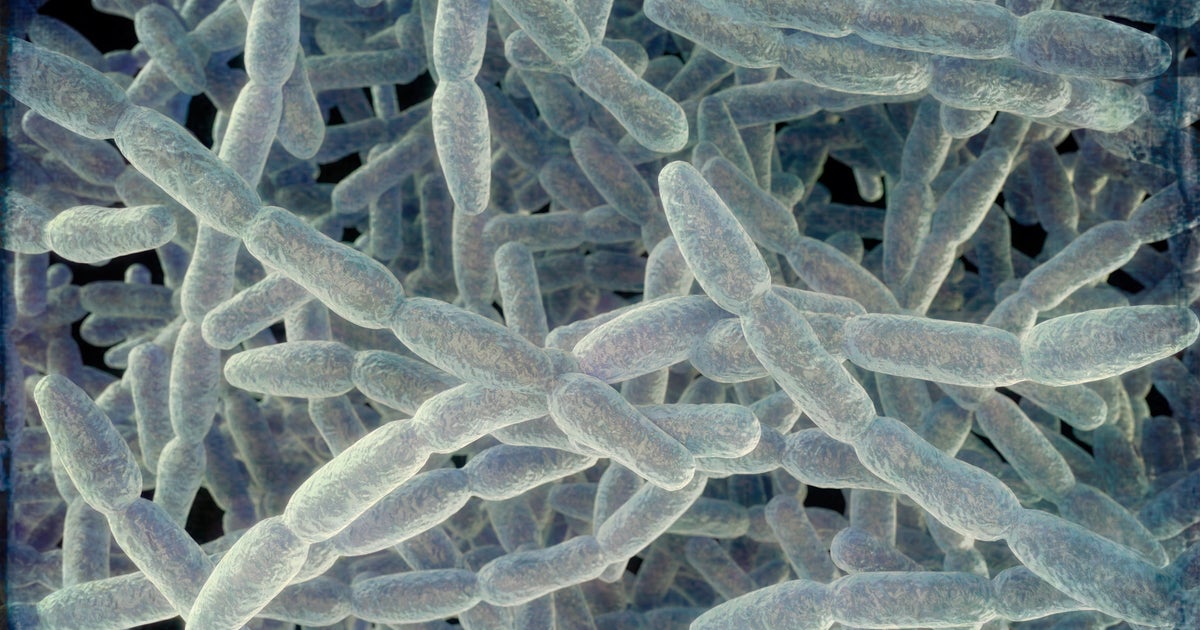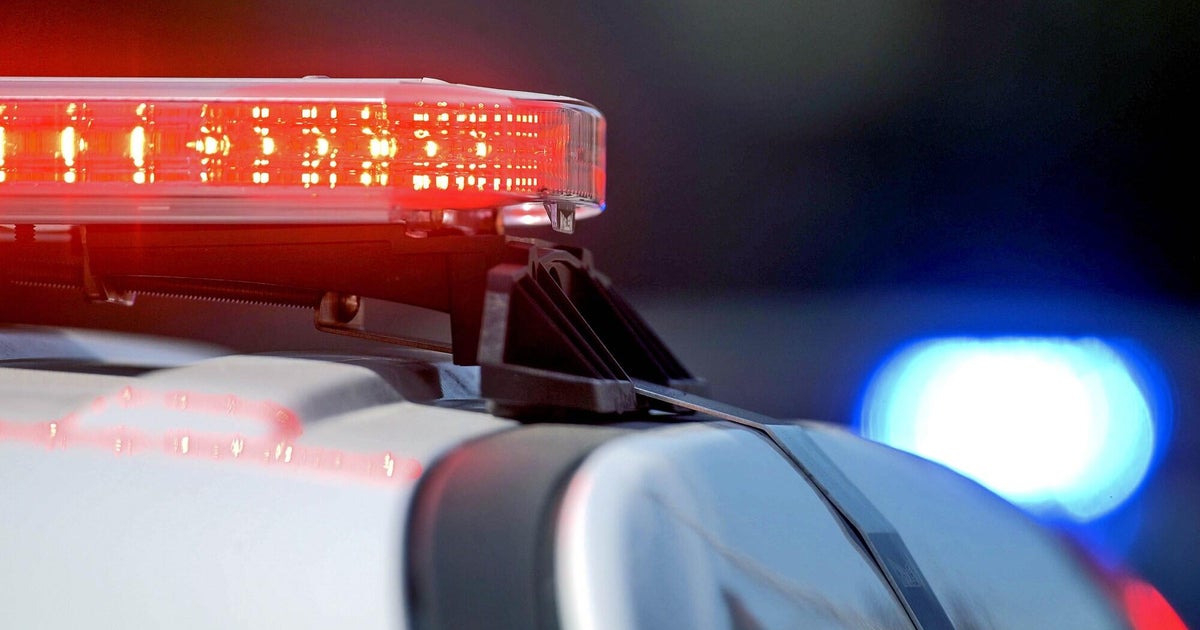Moderna says its COVID vaccine "should" work against U.K. and South Africa variants
Washington — U.S. biotechnology firm Moderna on Monday said lab studies showed its COVID-19 vaccine would remain protective against variants of the coronavirus first identified in the United Kingdom and South Africa. But out of caution, the company will test adding a second booster of its vaccine — to make three shots in total — and has begun preclinical studies on a booster specifically for the South African variant.
"We are encouraged by these new data, which reinforce our confidence that the Moderna COVID-19 Vaccine should be protective against these newly detected variants," said Stephane Bancel, Moderna's CEO.
"Out of an abundance of caution and leveraging the flexibility of our mRNA platform, we are advancing an emerging variant booster candidate against the variant first identified in the Republic of South Africa into the clinic."
To study the impact of the existing vaccine, called mRNA-1273, Moderna took blood samples from eight people who had received two doses of the vaccine, and two primates that had also been immunized.
For the B.1.1.7 variant, first identified in the U.K., there was no impact on the level of neutralizing antibodies - which bind to the virus and prevent it from invading human cells - that were produced by the shots.
But for the South African variant, B.1.351, there was a sixfold reduction in the neutralizing antibody level. Even so, it remained above the quantity that was shown to be protective in earlier tests on primates that were infected on purpose.
The company, which carried out the studies with the National Institutes of Health, has submitted the study to a preprint server so it can be analyzed by the wider scientific community.
Last week, researchers in a South African lab investigating the new coronavirus strain sweeping through that country told CBS News that the variant appeared to be highly resistant to the antibodies created by infection with the original COVID-19 virus.
Alex Sigal, a senior researcher at the Africa Health Research Institute, told CBS News' Debora Patta that the strain discovered in the country appeared to have the ability to reduce the effectiveness of antibodies in people infected with the original strain virus significantly:
"Ten-fold would be conservative," he said, but "you can also have complete knock-out," meaning a person's natural defenses to the original strain of the virus could prove useless against the variant in South Africa.
That means those infected in the first wave of the pandemic could have little protection from the new strain, and even more troubling, it could render some of the vaccines — which work by prompting the body to create antibodies — less effective.
Pfizer said last week, meanwhile, that the vaccine it's developed with German partner BioNTech, which uses the same mRNA technology as Moderna's drug, would likely work against the U.K. variant. The data Pfizer cited did not include testing against the strain prevalent in South Africa.
While both are thought to be considerably easier to pass between people, there's been no indication yet that the South African strain causes more serious illness. British Prime Minister Boris Johnson announced on Friday, however, "some evidence that the new variant [discovered in the U.K.]… may be associated with a higher degree of mortality."
Britain's Chief Medical Officer, Sir Patrick Vallance, stressed that the mortality data was still uncertain and more work needed to be done.



